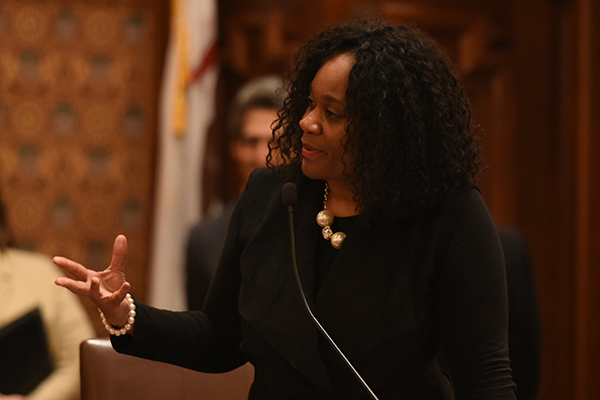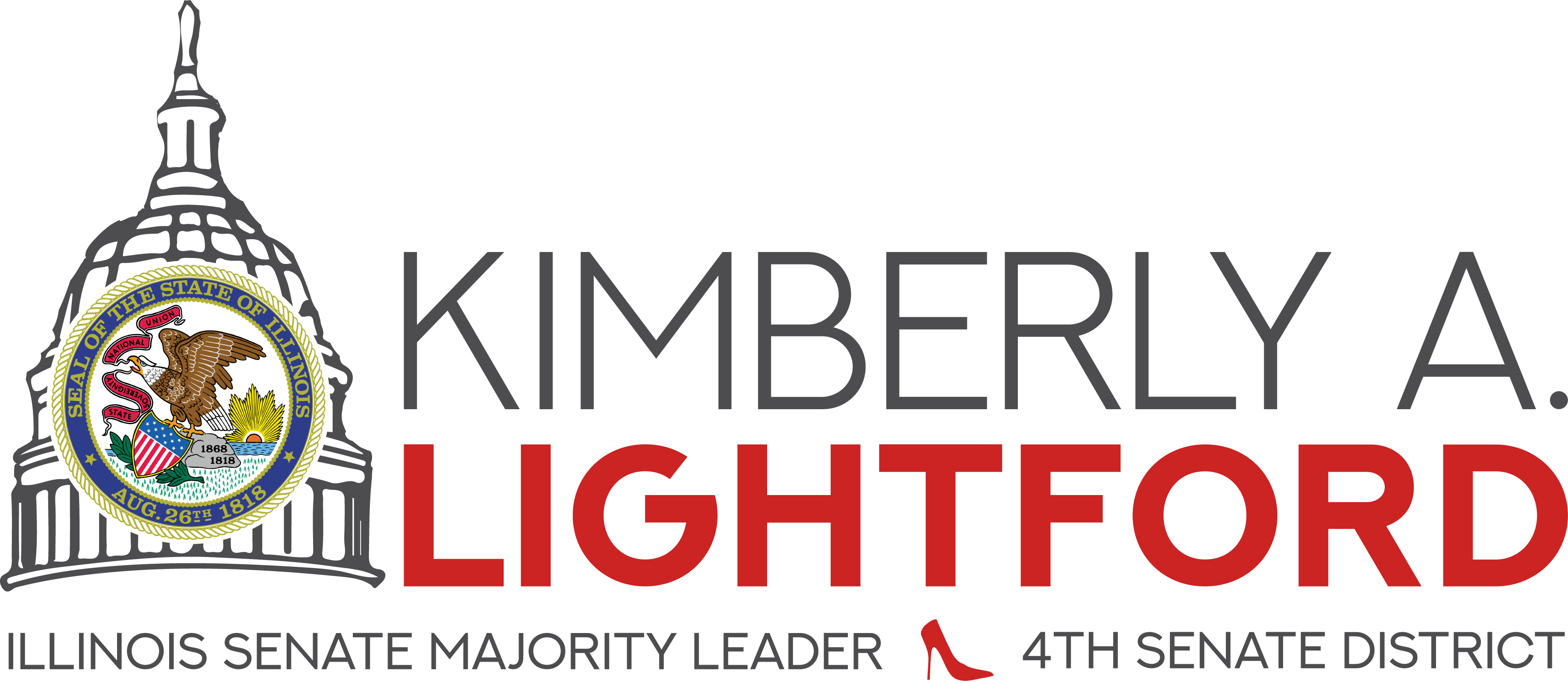Lightford: Children's mental health initiative is one step closer to realization
- Details
- Category: News
 SPRINGFIELD — Children with mental health issues could be diagnosed and treated sooner thanks to a plan the Senate approved this week. Majority Leader Kimberly A. Lightford (D-Maywood) is leading legislation that requires social and emotional screenings for children as a part of their school entry examinations.
SPRINGFIELD — Children with mental health issues could be diagnosed and treated sooner thanks to a plan the Senate approved this week. Majority Leader Kimberly A. Lightford (D-Maywood) is leading legislation that requires social and emotional screenings for children as a part of their school entry examinations.
The proposal, which was approved in the Senate after some adjustments were made in the House, calls for the Department of Public Health to develop rules and an appropriate revision to the child health examination form. The effort is aimed at identifying potential mental health problems in school-age children, removing the stigma of mental illness and reducing teen suicide by identifying their needs and providing early intervention.
“This measure creates a better learning environment for all children,” Lightford said. “We are affording ourselves an opportunity to help children struggling with mental health issues to find treatment before it has serious effects on their development and possible negative consequences throughout their lives.”
Lightford votes to override Automatic Voter Registration veto
- Details
- Category: News
 SPRINGFIELD - Assistant Majority Leader Kimberly A. Lightford (D-Maywood) joined colleagues today as the Senate successfully overrode the governor’s veto of legislation that would create a process for eligible voters to be automatically registered.
SPRINGFIELD - Assistant Majority Leader Kimberly A. Lightford (D-Maywood) joined colleagues today as the Senate successfully overrode the governor’s veto of legislation that would create a process for eligible voters to be automatically registered.
Senate Bill 250 would allow for the Secretary of State’s office and other state agencies to submit eligible voters’ information to the State Board of Elections when they visit their facilities for services.
Lightford released the following statement:
“This measure continues our legacy of promoting participation in our democracy. Marginalized populations throughout history fought for the right to vote. We owe it to them and ourselves to continue moving our state forward.”
More Articles …
Page 127 of 159











